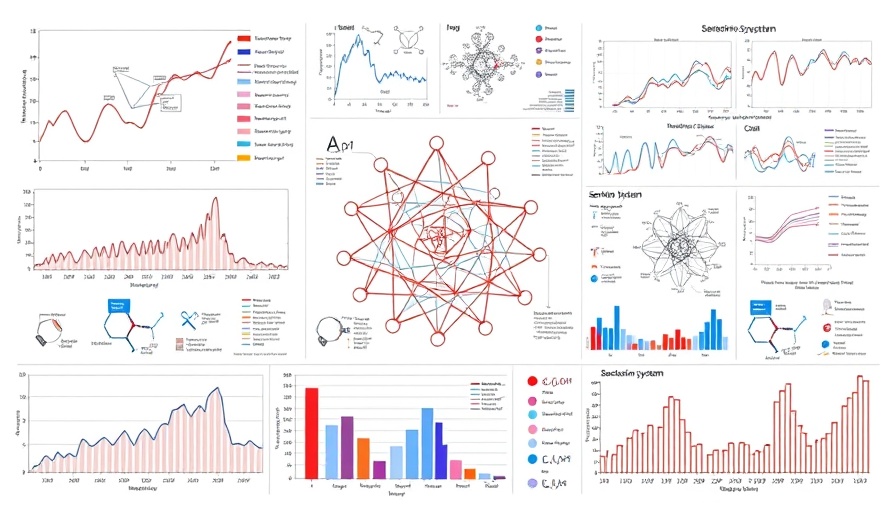
Decoding the Intricacies of Serotonin: More than Just a Mood Regulator
Our brains constantly face a barrage of choices, large and small. Yet, the mechanisms behind these decisions often remain shrouded in mystery. Recent research from the University of Ottawa unveils the complexity of the serotonin system, revealing that its neurons operate in a more interconnected manner than previously understood. This pivotal finding may significantly alter our grasp of how decisions are made and how mood disorders should be treated.
Evolution of Understanding: Serotonin’s Role in Decision Making
Traditionally, many neuroscientists viewed serotonin (5-HT) neurons as independent entities, functioning in isolation. This framework limited our understanding of their collective impact on decision-making processes. However, the groundbreaking study published in Nature Neuroscience illuminates that these neurons communicate and influence each other extensively, thus shaping our decision-making framework. Dr. Jean-Claude Béïque, a leading researcher involved in the study, emphasizes that this continuous interaction among 5-HT neurons is vital for understanding behavioral outcomes.
The Science of Connectivity: What the New Findings Mean
The study employed a multifaceted approach, utilizing advanced technologies such as electrophysiology, cellular imaging, and even computer simulations to map out these connections. Dr. Michael Lynn, the study's primary author, notes, "The mammalian serotonin system is far more anatomically and functionally complex than what we previously imagined." This increased complexity could lead to better-targeted therapies for mood disorders like depression, reshaping how health and wellness professionals view serotonin in the context of mental health.
The Broader Impact: Implications for Health and Wellness
Understanding the serotonin system's intricacies opens new avenues for health and wellness. As the link between serotonin and decision-making becomes clearer, it may prompt the development of tailored health strategies that address not just mood disorders but also cognitive functioning. Factors such as diet, exercise, and lifestyle choices—all integral components of community health and wellness initiatives—may play a significant role in optimizing serotonin activity. In cities like San Antonio, where health and wellness initiatives are burgeoning, knowledge of these neurobiological mechanisms can enrich community understanding regarding mental well-being and inspire healthier living through informed choices.
Future Directions: Exploring Therapeutic Innovations
The revelations from this study pose important questions about the future of psychiatric treatment and holistic approaches to health. As researchers delve deeper into the serotonergic system, practitioners of naturopathy and lifestyle medicine stand to gain insights that enhance the already diverse array of treatment options available. For instance, integrating findings about serotonin's functions with existing alternative medicines could foster innovative therapies for weight loss and mental health, making a significant impact on the broader context of health and wellness products.
The Human Perspective: Reflecting on Everyday Decisions
The implications of this research extend beyond the laboratory and touch the very fabric of human experience. Every choice we make—from what to eat for breakfast to how we respond to stress—can be influenced by the complex interplay of serotonin in our brains. This knowledge invites us to reconsider our daily decisions and their potential ramifications for our overall health. It emphasizes the importance of mindful decision-making, which aligns well with health and wellness philosophies that advocate for a holistic approach to living.
Conclusion: A Call to Embrace the Complexity of Wellness
Armed with new insights into the hidden complexity of the serotonin system and its broader implications for mental health and decision-making, we are encouraged to adopt a comprehensive view of wellness. By understanding these neuromodulatory systems, we can better appreciate the benefits of health and wellness products, lifestyle changes, and alternative medicines. Engaging with local communities to promote health education and wellness practices is essential, especially in places rich with resources like San Antonio. Together, we can leverage this newfound knowledge to foster optimal health and wellness for ourselves and future generations.
 Add Row
Add Row  Add
Add 




 Add Row
Add Row  Add
Add 


Write A Comment